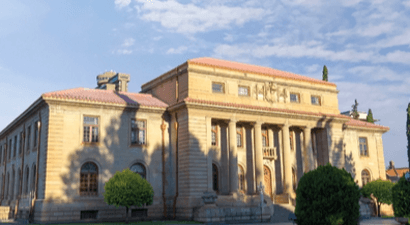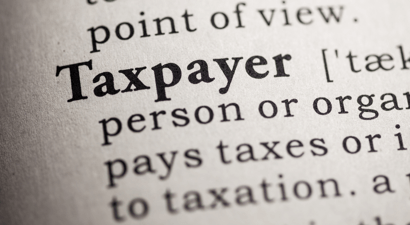The Constitutionality of Implementing Retrospective Fiscal Legislation
Introduction
On 22 February 2017, former Finance Minister, Pravin Gordhan, announced in his budget speech that the dividends withholding tax is to increase from 15% to 20%. Furthermore, on 19 July 2017, the Draft Tax Law Amendment Bill was published and provides that the use of share buy backs coupled with the issuing of shares as a means to “sell” the shares will no longer qualify for dividends tax exemption where the disposal occurs after 19 July 2017.
In the recent High Court case of Pienaar Brothers (Pty) Ltd v Commissioner for the South African Revenue Service and Another, the Court had to decide whether retrospective fiscal legislation conflicts with South Africa’s constitutional principles. This article will provide a brief overview of the Court’s view on the Constitutionality of retrospective legislation.
Facts of the case
On 21 February 2007, the Commissioner of SARS issued a press release announcing that the secondary tax on companies (STC) exemption for amalgamation transactions contained in section 44 of the Income Tax Act 58 of 1962 (“the Act”) was to be withdrawn effective 21 February 2007. On 8 August 2007, the Taxation Laws Amendment Act 8 of 2007 was promulgated and provided for a new section 44(9A) to be inserted into the Act. This subsection was deemed to have come into operation on 21 February 2007.
On 1 March 2007, ST (Pty) Ltd entered into a merger agreement with Pienaar Brothers (Pty) Ltd (“Pienaar Brothers”). ST (Pty) Ltd issued shares to Pienaar Brothers as a portion of the consideration. On 3 May 2007 Pienaar Brothers made a distribution to its shareholders of R29,5 million.
On 3 May 2007, section 44(9) of the Income Tax Act 58 of 1962 (“the Act”) provided an exemption from STC on distributions to shareholders in instances where the distribution was preceded by an amalgamation resulting in the new merged company issuing shares to the “old company” as part of the payment consideration and which then distributed those issued shares to its shareholders.
The problem that gave rise to this dispute came about when SARS denied the STC exemption.
Issue
Due to the amendment having retrospective effect, the Commissioner raised a STC assessment of R3 687 500 on the distribution made by the taxpayer on 3 May 2007. The Taxpayer argued, inter alia, that the amendment is inconsistent with section 1(c) of the Constitution, which embodies the rule of law.
The Commissioner, on the other hand, argued that the Constitution only prohibits law being retrospective regarding criminal law. The extent that the rule of law prohibits retrospective legislation must therefore be considered.
Court
The Court considered the ambit of the rule of law. In doing so, the Court referred to the following quote from the judgment of Veldman V Director of Public Prosecutions 2007 (3) SA 210 (C), which referred to Calder v Bull 3 US 386 (1798):
“That legislation will affect only future matters and not take away existing rights is basic to notions of fairness and justice which are integral to the Rule of Law, a foundational principle of our Constitution. [...] Legislative enactments are intended to give fair warning of their effect and permit individuals to rely on their meaning until expressly changed.”
After considering the ambit of the Rule of Law, the Court looked at whether retrospective fiscal legislation conflicts therewith.
After analysing foreign jurisprudence, the Court noted that countries based on the rule of law permitted retrospective legislation. The real question, according to the court, was the standard that legislation should be held against to determine its constitutional validity. In doing so, according to the Court, one must consider the rationality and the reasonableness of the legislation.
According to the Court, if the law does not infringe upon the Bill of Rights, then the basic rationality test applies.
With regards to rationality, the court held that one must consider the economic demands regarding the purpose and effect of the proposed legislation. The Court, in this context, noted that the legislature’s decision to introduce retrospective legislation was considered to be an imperative decision to protect the fiscus. A mere prospective amendment would have enabled taxpayers to exploit the loophole in the last few months before the enactment of the retrospective legislation. The Court therefore held that the legislative amendment was not in contravention of the Constitution.
Conclusion
The Constitution does not prohibit retrospective amendments of fiscal legislation. The Pienaar Brothers case held that one must determine whether a retrospective legislative amendment contravenes the Constitution on a case-by-case basis. In doing so, one must consider whether the retrospective legislation is rational and reasonable or proportionate. In considering the rationality of the retrospective legislation, the Court gave considerable weight to the economic considerations in the context of the purpose of the retrospective legislation, which was to protect the fiscus by closing an exploited ‘loophole’ in this case.





